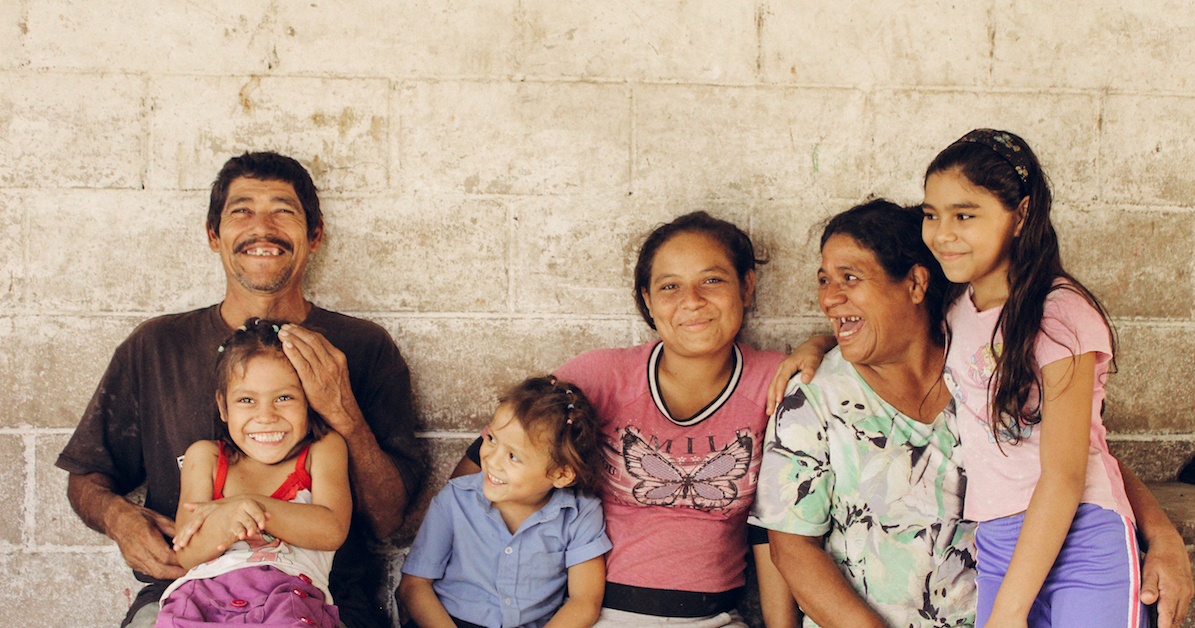
Why Supporting a Child Through Trauma is Critical
Early in my career as a therapist, I was asked to serve as the VP of Social Services at an international adoption agency. I am a person committed to be always growing, always reading, always listening, always learning.
Traveling the world, interacting with professionals in other organizations, and reading constantly, I quickly realized that children in “orphanages” were generally not orphans in the common understanding of the term. Many have family members who visit them at the orphanage.
I also realized that the existence of children’s homes actually contributed to children being in out-of-family care.
In the US, we would all like to believe that missionaries and international aid workers travel to poor nations to take in children who have no one else to help them. We want to believe that we adopt children who need to be rescued and will be so much better off with us than without us.
Those things may not be true.
But what is true is that children do better in families than in institutions.
Children do better with kinship care than adoption by an unknown family. International adoption, removing a child from family, kin, community, and culture should be our last option. All of these things are more important than financial resources on the well-being and development of a child.
What is also true is that, early separation from parents is a trauma.
Even if the adoptive parent is in the birthing room, even if the child chose to run away from home.
Trauma of all kinds changes the brain. The brain is amazingly adaptive for our survival, but surviving is not thriving and society is designed to work best for those of us with less trauma.
As a therapist, one of the common phrases I share with my clients is “simple, not easy”.
I'm reminding them that much of what we do in our therapeutic work is simple, but it is rarely easy.
Because “simple, not easy” is something I say often, I immediately understood, “Family reunification is simple, but it is not easy” when I heard it in the JourneyHome course.
I was thrilled to see how Project RED in El Salvador is providing play therapy as a part of the follow-up for children that have reunified with family.
When children are given the opportunity to heal traumas, they are better able to have positive relationships, assisting with reunification.
They are able to move out of survival mode and increase their ability to learn new things; education prepares them for a successful future. They can start to realize that what happened to them is not their fault and does not make them bad or shameful. They can be more playful and experience childhood. They can start to consider the future and the impact they want to make on the world.
By providing an opportunity for a child to heal trauma, 1MILLIONHOME and Project RED are healing a child, healing a family, and healing a community.
It is an investment that pays off dividends.
As a therapist, the impact I have is not just on the clients in my office, but also their families, coworkers, clients, and community. The healing we do individually benefits all of those we interact with and those they interact with also.
For reunification to be successful, it is important that the children and the families are prepared and have an opportunity for healing from the hurts and traumas that brought them to this place.
Will you join us in supporting successful reunification and returning children to families? The goal is $12,000, but for this month of August, all funds are matched until we raise the whole amount. Could you contribute $5 that becomes $10? $25 that becomes $50? Or even, $200 that becomes $400?
To provide critical play therapy in El Salvador, give here to Project RED and have your gift matched this August.
.......................
 ABOUT THE AUTHOR
ABOUT THE AUTHOR
Brooke Randolph, LMHC, is an author, speaker and founder of Counseling at The Green House, in Indianapolis, Indiana. Her specialties are adoption therapy, developmental trauma, brainspotting, and relationships.
